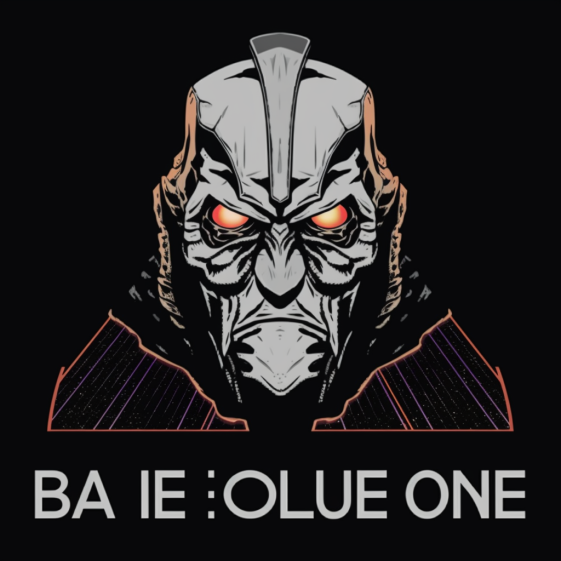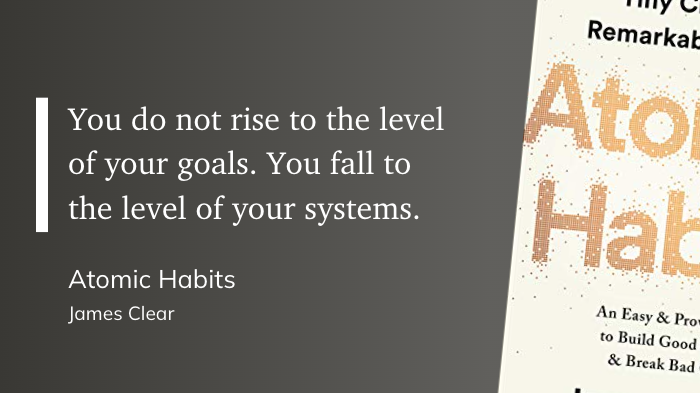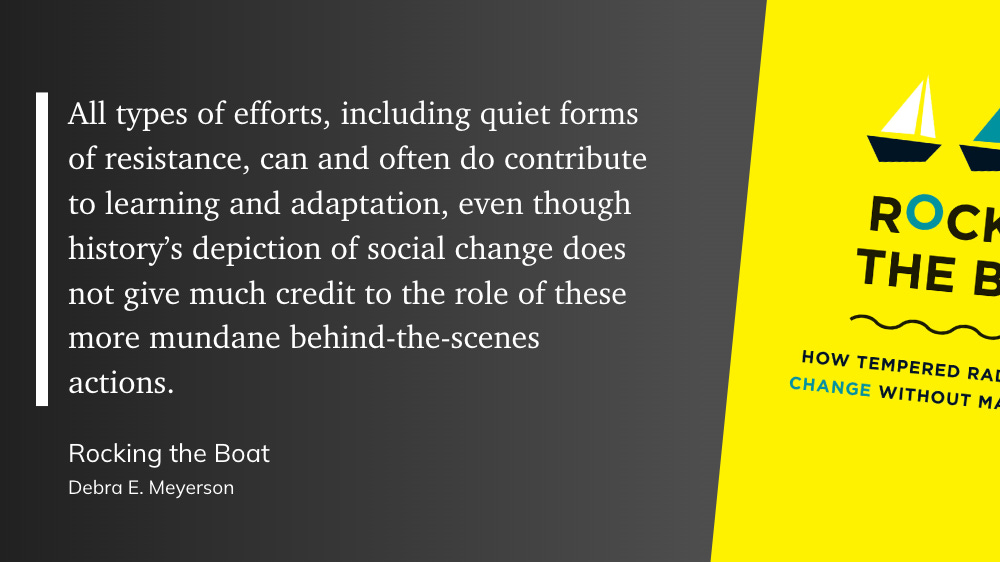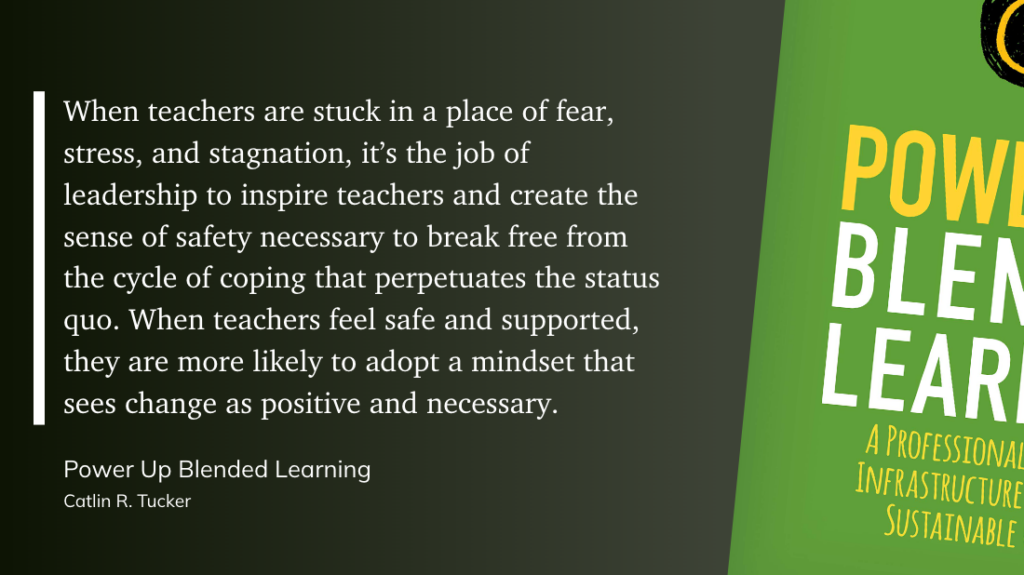Happy Tuesday, folks. More appropriately (I guess), Happy Fat Tuesday.
Full disclaimer: I’m not Catholic, and Mardi Gras has no personal meaning for me. But many of you may join in the festivities and Lenten practices for the next 40 days. If you do, awesome. If you don’t, you’re welcome to hang with the rest of us heretics.
It’s been a couple of weeks since I sent out a newsletter on Tuesday. Life happens, deadlines loom, and if you’re me, there’s the ever-present anxiety beast that hangs back in the shadows, ready to rear its ugly head when you least expect it.
So, it’s been a minute. But we press on through whatever life throws our way and embrace what comes. In these times, I remember the words of Epictetus,
The chief task in life is simply this: to identify and separate matters so that I can say clearly to myself which are externals not under my control, and which have to do with the choices I actually control. Where then do I look for good and evil? Not to uncontrollable externals, but within myself to the choices that are my own…” — Epictetus, Discourses, 2.5.4–5
Subscribed
You and I can only control what we can control. Trying to exercise influence over anything else is fruitless and will only cause us distress. For me, that means managing my schedule a little better and giving myself grace for getting all the things that I have to get done. That’s not easy for me, and it likely isn’t easy for you, o fearless type A perfectionist overachiever that you are.
Not that I have any experience speaking about such things…
So, today’s newsletter is a little different. I’m just going to call it “Rethinking & Reviewing” because you’re about to go on a journey through Mike’s stream of consciousness, and we’ll both find out the destination when we get there.
Here we go…
What I’m Thinking
The first year of my year-long teacher fellowship is coming to a close. We’ve met over the course of this school year to chat and help each other redesign lesson plans for deeper learning opportunities using the 4 Shifts protocol as a reference. To say the program has gone well would be a tremendous understatement. The feedback I’m receiving from the fellows is great and full of deep reflection. Most are well on their way to completing their lessons with students, and I’ll share more soon. For me, this first year will inform my work with other teachers and future cohorts but will likely also lead to part of the work for my dissertation in the coming years.
Speaking of deeper learning, I listened to episode 2 of the “Redesigning for Deeper Learning” podcast and was challenged by one particular thought: what does “student choice” really mean? Depending on the context of the lesson, giving the students options to choose from may or may not truly be “student choice.” With several lessons from my fellows fresh in my mind, I’m rolling this around in my head quite a bit this morning.
What I’m Reading
One of my goals this year for reading is to finish up all the published Cosmere works from Brandon Sanderson. I’ve gotten through most of Arcanum Unbounded, which features several previously published short stories and novellas based in the connected Cosmere. I also finished Warbreaker in January, and it might have become one of my favorite Sanderson novels. My current pick of the bunch from Arcanum is “Shadows for Silence in the Forests of Hell,” a short story originally published in a collection, Dangerous Women, edited by George R.R. Martin. It’s a different tale from the standard Sanderson fare, leaning a bit more toward the horror genre. It was a fantastic read.
I’m also re-reading How to Write a Lot because I need a swift kick in the pants to get my writing practice back in order. There’s no better motivation to do that than when you hear the words “your dissertation starts NOW” during a Saturday morning class. Yikes.
On the academic reading side of the world, I’ve been using Speechify for a ridiculous amount of time to process articles. For my attention-span deficient brain – no formal diagnosis, just my own experiences – having the audio version of a text playing while I am reading is a brilliant focus tool. I read faster, retain more, and am able to focus far better than when I try to read text only. This is especially true for reading journal articles, papers, and so on. Speechify gives me an audio version of just about any text on my laptop or in my web browser. I now consider it an invaluable part of my productivity toolkit, right alongside Notion and Readwise.
What I’m Watching
In my random voyage of self-care, I ran across several seasons of the 90s revival of “The Outer Limits” on YouTube. If you’re not familiar with the show, it’s an anthology series of separate sci-fi stories and features some surprising guest star appearances from some popular stars of the day (heck, even Leonard Nimoy shows up). In some episodes, they do make an attempt to connect some of the stories, which makes for interesting situations. Overall, a great way to spend 45 minutes.
Oh, and Picard Season 3 just started, so there’s that, too 😉
What’s in My Ears
Two recent episodes of The Daily from the NY Times caught my interest, mostly because they deal with the recent explosion of AI tools. “The Online Search Wars” and “The Online Search Wars Got Scary Fast” are well worth the listen.
Also, I continue to update my 2023 playlist of songs I discover, or remember, throughout the year. I’ve compiled playlists like this for 2022, 2021, and 2020.
Wrapping Up
Well, I think I’ve rambled enough. Thanks again for reading and coming along for the ride. Have a great week!
Thanks for reading. This newsletter is a completely reader-supported publication. The best way to support it is to check out my recommendations or become a paid subscriber.



















